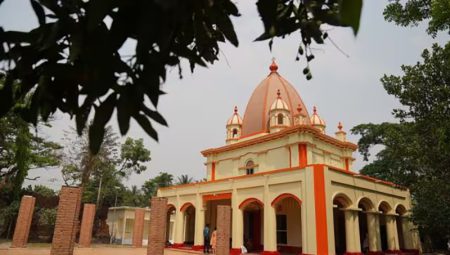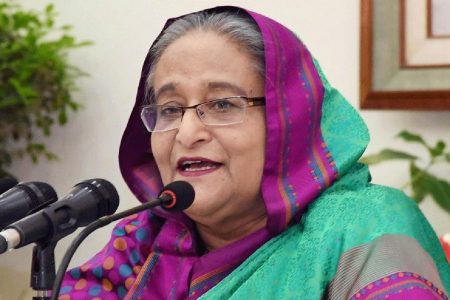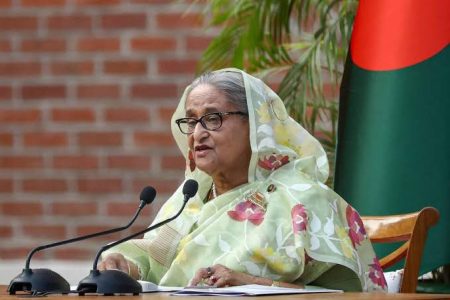
Bangladesh is teetering on the brink of chaos as it confronts a profound economic crisis, worsened by widespread unrest. According to the Bangladesh Bureau of Statistics, July witnessed an unprecedented spike in inflation, reaching 11.66%—a record high over the past 12 years. Particularly alarming is the surge in food inflation, which soared past 14%, marking the highest level in 13 years, as reported by The Daily Star.
The ongoing protests have severely disrupted the nation’s supply chain, exacerbating the challenges faced by businesses across Bangladesh. Compounding the issue is a liquidity crisis within the business sector, driven by restrictions imposed by the central bank on cash withdrawals. This measure, capping withdrawals at 200,000 Bangladeshi Taka, has been introduced amid the political turmoil following the ousting of Sheikh Hasina’s government. The interim administration, led by Nobel laureate Muhammad Yunus, is now tasked with restoring stability in the country.
Amid this turmoil, local markets like Kawran Bazar in Dhaka are feeling the strain. Retailers are struggling to maintain stable prices for essential goods despite the depreciation of the Bangladeshi Taka against the US dollar. Retailers warn, however, that prices are likely to rise soon due to the ongoing instability. Although Dhaka has seen a temporary lull in protests, other parts of the country remain volatile.
In conversations with India Today, retailers such as Shafiqur and Rafiq shared their concerns about the rising costs of staples like rice and pulses, which have already seen slight increases due to import disruptions. While they have managed to keep prices steady for now, they expect to raise them in the near future as the cost of imported goods continues to climb. Bangladesh relies heavily on imports from neighboring countries like India for essential commodities, including pulses, dry fruits, and spices, all of which are expected to see further price hikes due to the fractured supply chain.
The situation is further aggravated by a sharp decline in Bangladesh’s foreign exchange reserves, which fell from $21.78 billion in June to $20.48 billion at the end of July. This nearly $1.3 billion drop has forced the interim government under Muhammad Yunus to implement stringent measures, including limiting daily cash withdrawals. According to local trader Islam Mohammad, these restrictions are hampering their ability to purchase foreign currency, which is crucial for trade. The resulting slowdown in trade is anticipated to fuel further inflation in the country.
Bangladesh’s unrest, which initially erupted over grievances with the quota system in government jobs, has escalated into widespread anti-government demonstrations, leading to significant casualties. The violence and chaos ultimately led to Sheikh Hasina’s resignation as Prime Minister, with Muhammad Yunus stepping in as the interim leader. The turmoil has also triggered a mass exodus of minorities, particularly Hindus, who have been targeted by mobs amidst the unrest. Reports of vandalism, looting, and lynching have flooded social media, prompting Yunus and other political figures to repeatedly call for peace. The new leadership, particularly, has urged student protesters to safeguard minority communities during this turbulent time.










